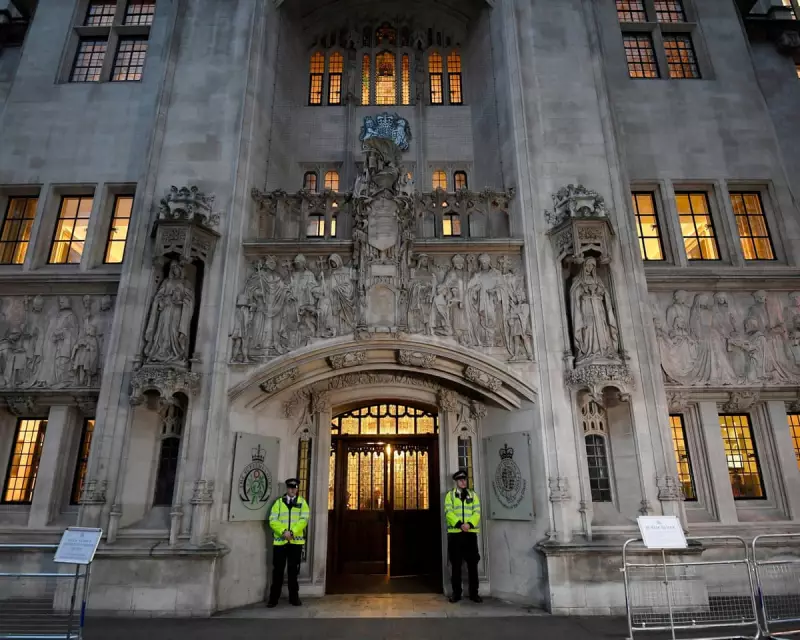
A senior judge has issued a stark warning to fellow members of the judiciary, advising them to be "on their guard" when assessing expert witness evidence in court cases. The caution comes amid growing concerns that flawed or unreliable testimony could lead to serious miscarriages of justice.
Rising Concerns Over Expert Testimony
The judge emphasised that while expert witnesses play a crucial role in legal proceedings, their evidence must be rigorously scrutinised. "Not all experts are equally reliable," the judge noted, highlighting cases where questionable testimony had influenced verdicts.
Key Recommendations for Judges
- Verify the credentials and impartiality of expert witnesses.
- Assess whether the evidence is based on widely accepted methodologies.
- Consider potential biases or conflicts of interest.
The judiciary has been urged to adopt a more sceptical approach to expert testimony, particularly in complex cases where specialised knowledge is required.
Implications for the Legal System
This warning follows several high-profile cases where discredited expert evidence led to wrongful convictions. Legal experts argue that stricter guidelines are needed to ensure the reliability of such testimony.
The judge's remarks have sparked a broader debate about reforming the use of expert witnesses in UK courts, with calls for better training and oversight.





